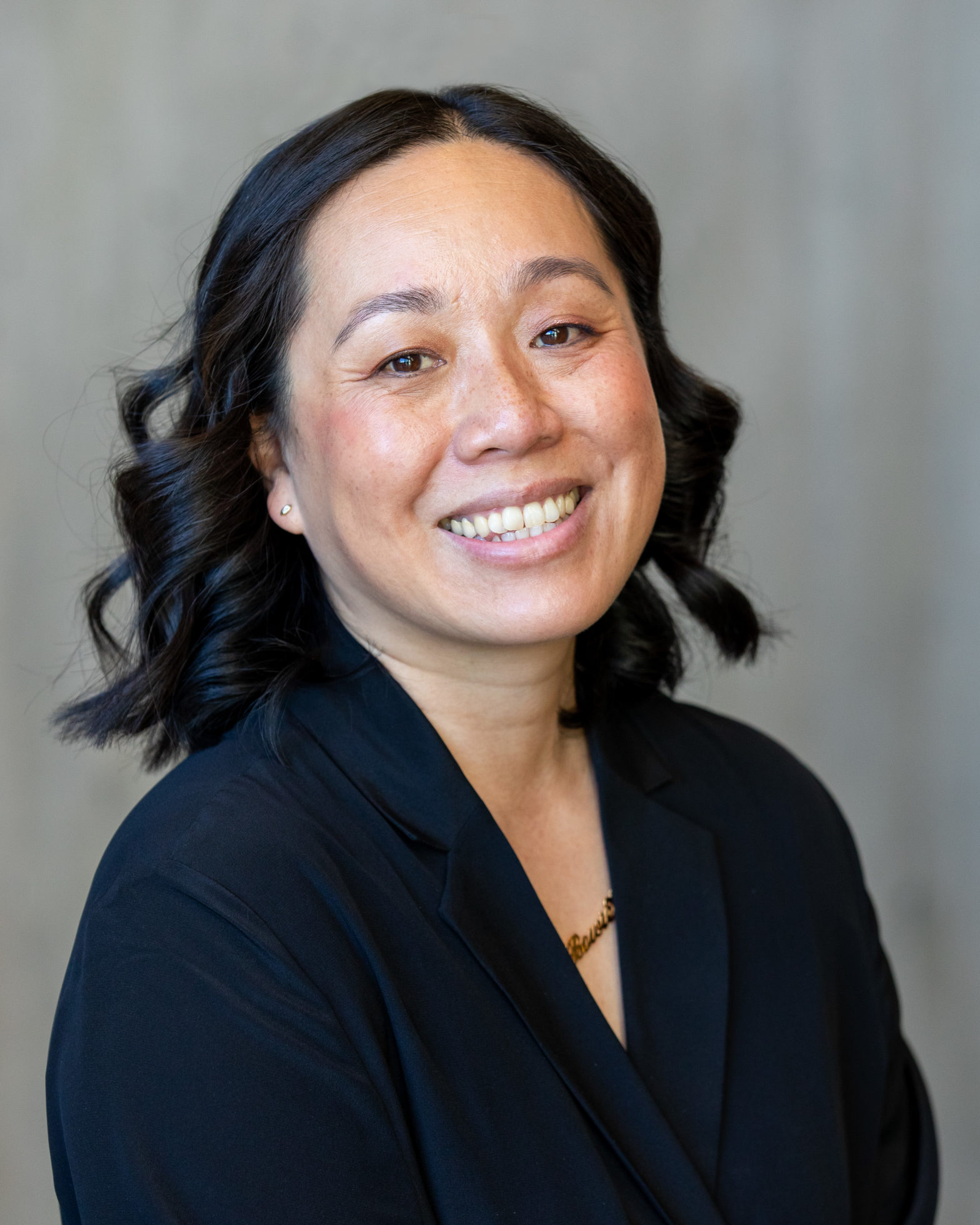
Expanded role for Boston’s research and data chief
27 August 2025
by Jonathan Andrews
Boston has appointed Shin-pei Tsay as Chief Research and Data Officer while she continues to lead the Mayor’s Office of New Urban Mechanics (MONUM).
The dual role consolidates the city’s innovation, design, and analytics functions, with the aim of scaling experimental projects, strengthening equity, and embedding data into decision-making across departments.
Tsay told Cities Today that the expanded remit will help Boston move beyond “static open data portals and rote dashboards” towards more action-oriented, resident-centred approaches.
“All of this helps us close the gap between what we understand to be the problem and what we want to do,” she said. “It allows us to try new things more effectively and to keep improving through iteration. We are becoming a Learning City.”
Scaling pilots into policy
Since its creation in 2010, MONUM has focused on small-scale pilots designed to minimise risk. Tsay said the new structure allows Boston to think bigger.
“Launching a prototype isn’t the end goal; we want to see the prototype evolve and serve more residents,” she said. “To achieve this, we need data, research, performance management, and evaluation skills that can translate early ideas into scalable citywide policies.”
One example is the city’s work on neighbourhood residential parking permits. The analytics team is assessing programme outcomes while MONUM carries out ethnographic research into kerb usage.
“We’re getting to the root cause of everyday problems and giving residents what they need,” Tsay explained. “These insights are valuable because they can prevent issues before they arise, while also pointing to more creative solutions.”
Equity, transparency and trust
Equity will be central to Boston’s data strategy. Tsay emphasised that analysis must be paired with storytelling to build transparency and trust.
“We aim to use data to tell stories, be upfront about what we know and don’t know, and stay flexible and nimble,” she said. “That honesty is key to ensuring residents see themselves represented in the city’s work.”
The city is reviewing its guidelines for surveys and polls to ensure that under-represented communities are not excluded.
“Numbers alone do not always fully represent communities of interest,” Tsay said. “People, groups, and lived experiences can be missing, which is why combining quantitative and qualitative research is so important to us.”
Boston also plans to make open data more interactive by linking it with MONUM’s community events and digital platforms, showing residents how decisions are made. To maintain flexibility, the city will continue to favour open-source and modular systems over vendor-driven solutions.
“We’ve experienced more than our share of vendor capture and can’t afford to repeat those mistakes,” she noted. “Building our own systems in modular approaches allows us to update in-house where necessary and share with other cities.”
Strengthening citywide literacy
The Innovation and Technology Cabinet (DoIT), with more than 170 staff, was codified into law this year and reinforced by the mayor’s Technology Modernisation Executive Order. Tsay described this as a milestone in improving Boston’s data literacy and problem-solving capacity across departments.
She highlighted two developments that reflect this shift: a cross-departmental Research Committee to coordinate standards and practice, and a central linear referencing system to map horizontal assets such as bike lanes and benches.
“This system will serve as a foundational layer for many applications,” she said. “It will make asset management easier and also help us scale innovative prototypes, such as redesigned intersections.”
DoIT also provides training across the city workforce, from digital tools and dashboards. Tsay said these initiatives are embedding a culture of learning across City Hall’s 18,000 employees.
“Our workforce is already full of innovators and change agents,” she added. “We are now building the standards and the systems that allow them to collaborate, share knowledge, and make their work more impactful.”
“Thanks to the leadership of Mayor Wu, [CIO] Garcés, and the dedication and talent of our teams, we are already making significant progress on our infrastructure and policies and collaborating across city agencies,” she said. “I am excited to continue building that culture of learning as we apply research and data to make Boston a home for everyone”.
Image: City of Boston











